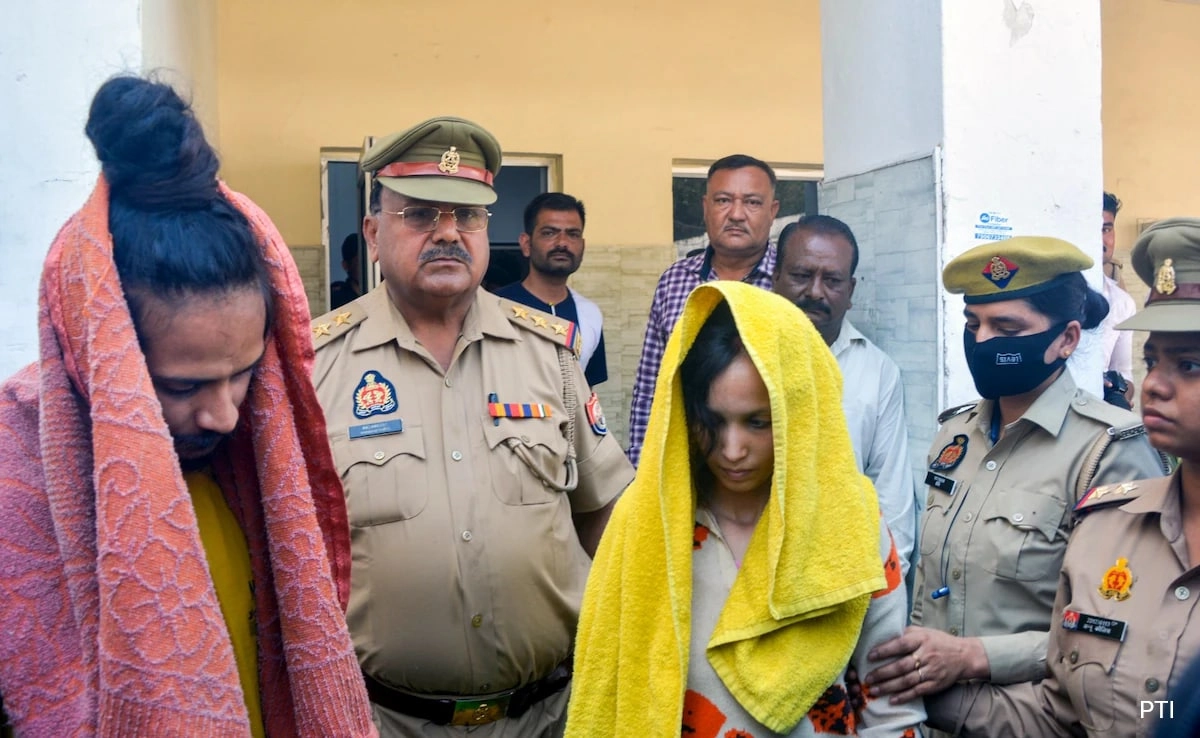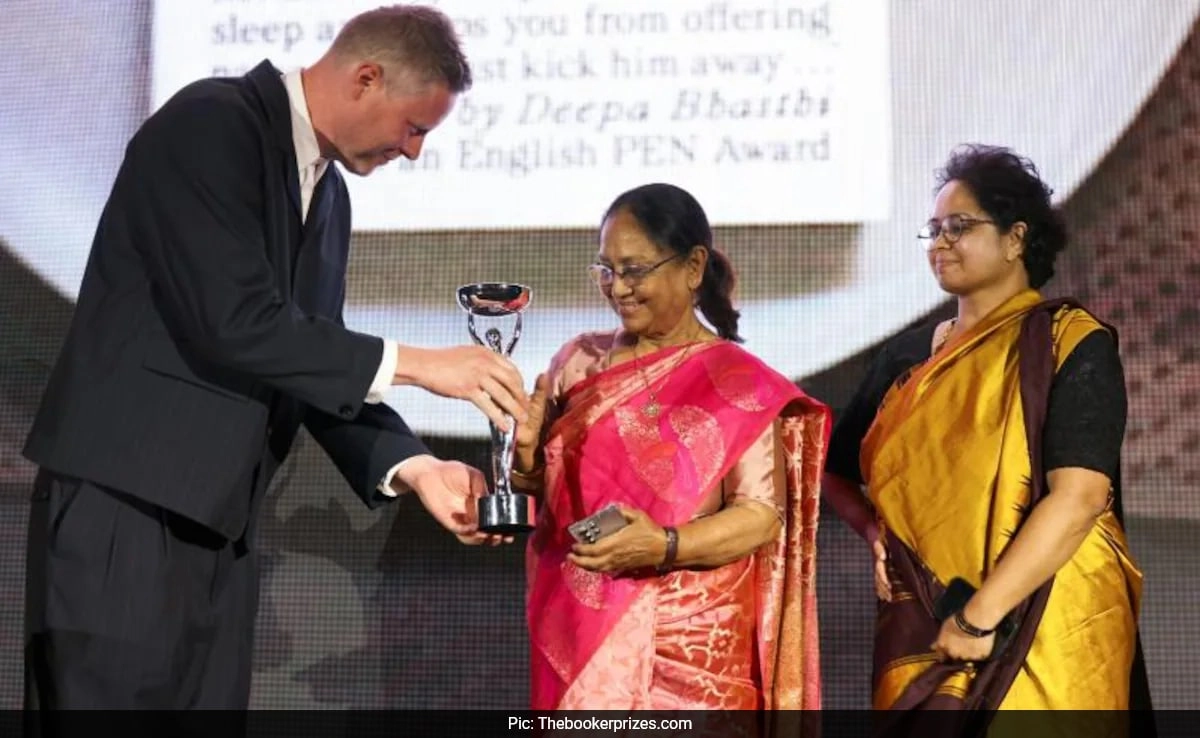In a troubling turn of events, a woman from Meerut, accused of murder, has found herself in a precarious situation after being denied support from her own family. The challenges she faces are not only legal but also deeply personal, as the lack of familial assistance adds to the weight of her predicament. In the wake of her arrest, the woman has expressed her intention to seek a government-appointed lawyer to navigate the complexities of her case. This decision underscores the harsh reality that many individuals face when they find themselves ensnared in the criminal justice system, particularly when they lack the financial resources to secure private legal counsel.
The circumstances surrounding her alleged involvement in the murder case have drawn significant media attention, highlighting the often-overlooked issues of mental health, familial relationships, and the societal stigma attached to criminal accusations. As the legal proceedings unfold, the woman’s request for a government lawyer raises critical questions about the accessibility of legal aid for those in need. The judicial system is designed to ensure that every accused individual has the right to a fair trial, but this principle is frequently challenged by the reality of personal circumstances that can impede a person’s ability to mount an effective defense.
Moreover, the case serves as a poignant reminder of the broader social issues at play. The abandonment by her family could indicate deeper familial dysfunction or societal pressures that discourage support in times of crisis. It also sheds light on the stigma that often surrounds individuals accused of serious crimes, which can lead to isolation and despair. As the woman seeks legal representation, it remains to be seen how her story will unfold in court and whether she will receive the fair treatment she deserves under the law. The outcome may not only impact her future but also reflect on the societal attitudes toward those caught in the web of criminal allegations and the support systems—or lack thereof—that exist for them.




